Duncan Petrie had always wanted to play rugby, he just never saw the opportunity to actually go and do it.
That is a perspective that many people within the LGBT+ community may relate to, but in Petrie’s case it was as much to do with location as it was his sexuality.
Growing up in Alford, around 26 miles inland from Aberdeen in rural Aberdeenshire, team sports in general were fairly rare, with no rugby option available to this day.
As Petrie reached his mid-20s, he may have started to think that the opportunity to chuck a rugby ball around had passed, as the city clubs were highly competitive, and he felt a novice would not be able to fit in.
That changed when he discovered Aberdeen Taexali in the summer of 2019 though, and he quickly went along to training and became one of a growing number at the club.

Where other LGBT+ people have been put off by the idea of team sports, that notion of having a responsibility to others was something that Petrie relished once he had settled into Taexali as something that was extremely valuable when it came to playing matches.
“Aberdeen has the Wanderers, there are Gordonians, but they’re like semi-professional teams,” Petrie explained.
“There was no entry-level, nowhere you could go and make an absolute tit of yourself and no-one would care.
“Taexali had been on the go for around six months before I joined, so there were probably only about four or five guys there. I convinced my best mate Scott to come along, and he’s really not a sporty person, but we both really enjoyed it. The club kind of exploded after that, there were two new people every week almost.
“A lot of our training is fitness related. You go to the gym and sometimes it’s really difficult to motivate yourself – you make excuses like it’s been a hard day at work or a long week – but in rugby there’s a level of accountability to the team.
“It feels less like a chore. It’s stupid things like when you’re wearing a fitness watch, and you look at it afterwards and see you’ve burnt 600 calories. I wouldn’t have burned that much at the gym, but because you’re enjoying it, it doesn’t really feel like fitness, so it’s great.
“If you don’t go to training, you will inevitably fall behind. It’s unfortunate that Covid happened in our second year, because we went to the Hadrian’s Cup – the biggest IGR Cup in the UK with 40 teams – in Newcastle, and we were complete underdogs but we kept winning.
“We had been to other things before, like the Caledonian Thebans’ rugby clinic which is brilliant, very much for IGR development teams like ourselves, but we went down to Hadrian’s with a lot of people who really had not played with us or much at all before. We were all looking at each other like ‘how is this happening?’, which was nice. We were all getting quite excited, but our coach was trying to rein us in saying well done, but we’re not done yet.
“It was six games, and the games had 10-minute halves, so it was 20 minutes a game. 10 minutes doesn’t sound like a long time, but when you’re being tackled and it’s full contact it can feel like a very long time. I think I only stepped out of one game out of the six, and I played half of the final.
“Our first ever 80 minute match down in Glasgow against the Alphas, we lost quite significantly, something like 65–5. We ended up meeting them in the final of the Hadrian’s Cup, so there were some nice just desserts there.
“It all comes back to accountability. If you end up going to these tournaments and you haven’t been going to training, you’re not as fit or you haven’t been polishing up your skills, you don’t want to let the side down.”

Accountability is important for any team to have success, but even after a one-sided loss against the Glasgow Alphas in their first 80-minute match one thing that has always endured at Taexali is their team spirit.
No matter which level of sport someone may be competing at, from recreational through to elite athletes, it is important to enjoy what they are doing and have fun. Taexali have cultivated that atmosphere in spades, as evidence by the sheer joy they have taken in the face of defeat.
“It was amazing at Thebans because we lost every single match, and I think we were the happiest team there,” Taexali’s vice-captain recalled.
“It reminded me of that picture at the Beijing Olympics, where you could see the Chinese diving team all commiserating that they got silver, and Tom Daley and Britain got bronze and they were all wildly celebrating, even though it’s not as much of a win.
“We were the happiest team there, because it was a thrill to be playing and being with everybody. Nobody seemed to care that we lost every match, no heads were down, it was just the fact that we got to be there that was such a great experience.
“We all had a night out, and when it ended we all got back together because we had all split up, and we got quite emotional. Our coach was really emotional, because I think he saw the development from our training. Although we weren’t winning, some of the skills that people had demonstrated were brilliant, it was amazing to watch some people.
“That was our first games at Thebans, but our first match was when we lost terribly against the Alphas. It was on an Astroturf pitch, so we were covered in blood and friction burns, battered and bruised beyond belief. I was aching after 80 minutes in the rain, but we had an amazing time regardless of losing. The Alphas took us on a night out, we were all playing drinking games, and it was brilliant.
“That’s where rugby differs from football, losing is not always losing. In football you see the fans all in dismay, but in rugby from a fans’ perspective everybody just seems to crack on.
“It was a bit surreal, and I do look back on it now and think it’s mental how happy we were after losing every match and getting beaten quite significantly, but it didn’t matter because people were showing skills that we hadn’t seen in a competitive way yet. That, I think, was our little spark, and that’s when some people started to get quite serious.

“We’ve kept the cameraderie though, we had a couple of fill-in players and they said to us that they had been playing for their teams for years, and they had never seen a team that had the close connection that we had.
“That was a nice thing to hear, and I would believe that’s true, 100%. You could tell that at Hadrian’s as well, whoever wasn’t playing was going absolutely wild on the sidelines, shouting and cheering everyone on, it was a bit surreal, so for other people to recognise that we had that closeness, for such a new team it was really good.”
That relentlessly positive approach is important for any club to become successful, but perhaps even more so for a new club looking to grow – and arguably even more so again for an inclusive club.
Taexali have clearly managed to effectively recruit new players, growing from just a handful at training going into the summer of 2019 when Petrie joined the club, to a 30-strong squad now.
The club has been able to welcome people who are gay, bisexual, trans and straight – a prime example that atmosphere is what makes a club inclusive, not just ticking off different letters in an acronym.
“It’s just quite a nice environment – I think that’s what people get drawn towards whether you’re in the LGBT+ community or not,” Petrie reasoned.
“It’s that sense of people understanding that it is an open and welcoming community. It’s not likely you’re going to go and people are being a bit strange or abrasive, because that’s not welcoming.
“We’ve consistently had straight people coming along as well. Our first captain was straight, Aaron, he was very good. He also did a referee’s course, so he helped to bring a lot of people’s understanding on. Lately, we’ve actually had a lot of young players, which is really nice as well. A lot of them have played rugby before, which is great, because that should bolster the team. You can see them assist in bringing on people who haven’t played.
“I think we are all really proud that there’s that atmosphere of inclusivity. Cliques will build up as naturally happens, but I don’t think that takes anything away from us all being a team.

“We don’t like to call ourselves an LGBT+ team, we are an inclusive team, and anyone is welcome to join.
“We have a trans player who had never played rugby before, and had only started transitioning not long before they joined us and started on their journey. That was nice, because I was an incredibly ignorant person before, and I didn’t really have an understanding of trans at all.
“They are quite open, saying they’ve just started this or that, and through their social media they will share stuff, so it’s quite nice to see their journey as well.
“Taexali is a serious team but it is a more relaxed atmosphere, and a slightly slower pace in comparison to these other teams. That has been a really big thing that people look at, and think they can come along but they can understand it’s not going to be as severe.”
Before even joining Taexali, Petrie was already working towards equality for the LGBT+ community through Grampian Pride.
The first Grampian Pride event in Aberdeen took place at the end of May 2018, with Petrie easing into the group by helping a friend hand out flags, but going on to lead the parade in 2019.
Taexali will have a float whenever the next Pride march can take place in person in Aberdeen, but Petrie’s involvement has given him an extra insight into the importance of promoting events and clubs for the LGBT+ community.
In an area like the north east of Scotland, diversity can be hard to come by at times – but the main thing he has taken away from the last few years is that it should be encouraged, not hidden away.
“There’s a very big step-change incoming from the oil and gas sector,” the 27-year-old said.
“It’s predominantly straight white men, but the industry has started to go down the route of thinking they’re not diverse enough. Obviously we’re in the north east of Scotland, so although there’s not that much diversity in the community anyway there’s enough to be able to encourage it. One of the parts of their policies, the equality and diversity groups that they have created, was to sponsor things like Grampian Pride.

“It promotes their name to say that they want to be inclusive employers, and they’re trying to make sure they are giving that message to people so that people can go and apply for jobs. For them, it has been a big step-change, and a lot of funding for Grampian Pride over the years came from oil and gas, and that’s very encouraging.
“I think we’re starting to see lots of different things for LGBT+, there’s Grampian Pride, there’s Taexali and there are the Aberdeen Front Runners, who has also seen a massive influx of people.
“It’s really nice, and I think we’re starting to see a big difference. People are still ignorant to how much change still needs to happen, but we’ve taken some first steps.
“Aberdeen is not the biggest, but it’s a lot bigger than some of the places around here – it’s very much a central hub for a lot of outlying areas. You’ve got all these much smaller communities where Aberdeen is relatively accessible, and I think if you are an LGBT+ person then you are seeking something like that.
“The funny thing is that one of our straight players actually comes from those areas, but even for them coming from smaller communities like that where there’s probably not so much of a LGBT+ presence, to join an inclusive team is quite nice for them. It shows that there is obviously some sort of attraction to inclusive clubs, so that’s quite nice too.
“You can be a heterosexual person who struggles a bit with social anxiety, and inherently LGBT+ or inclusive sports are more welcoming. There is a lot less trepidation about people coming to us, they don’t feel as tense about it.
“In the bigger cities – your Londons, Manchesters, Glasgows and Edinburghs – by nature of their populations they are going to be more diverse. Hopefully, clubs like Taexali also encourages the likes of young people who are coming to Aberdeen for university see that there is this sort of inclusivity around the city, and we can attract a more diverse community.”

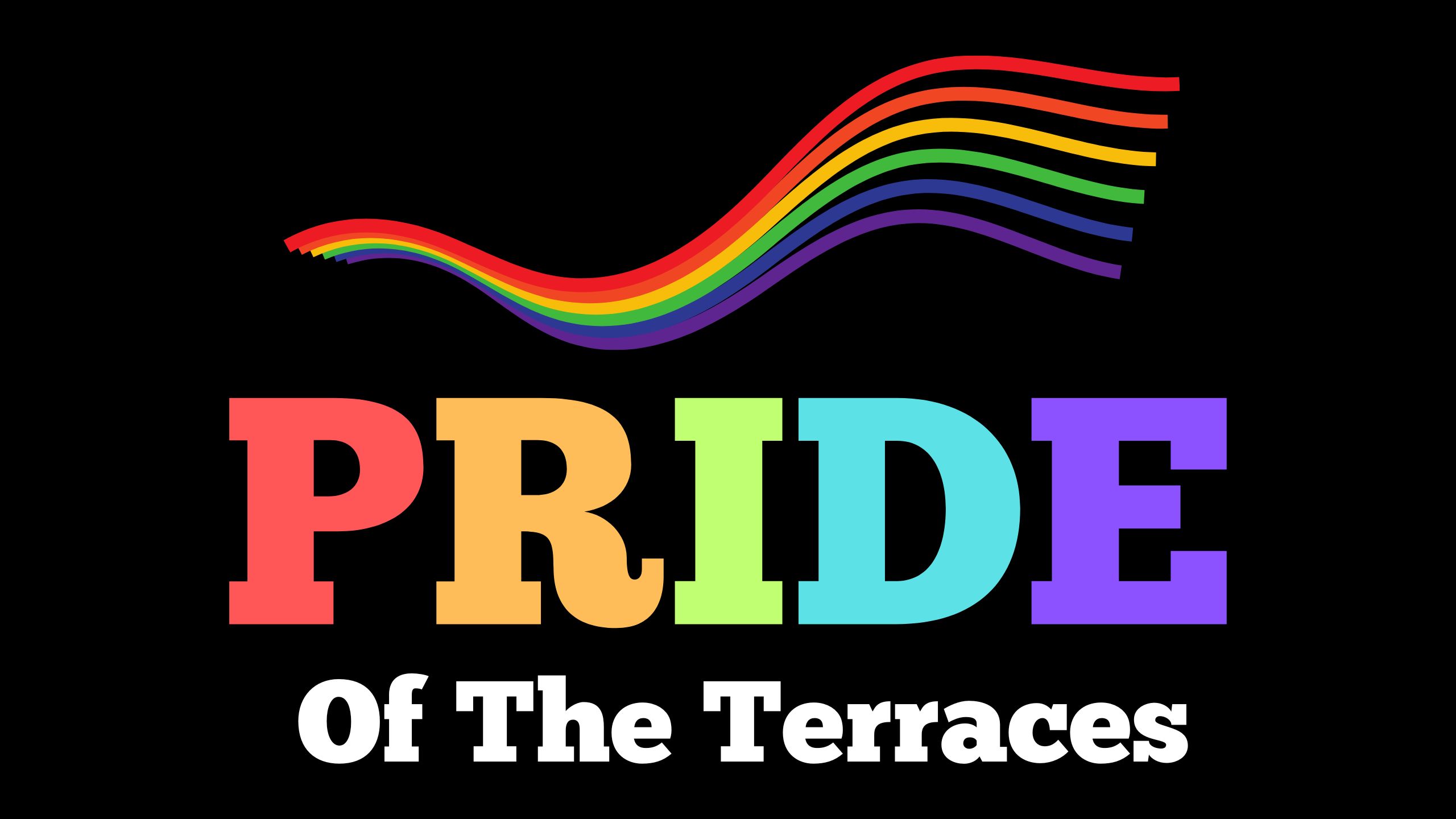

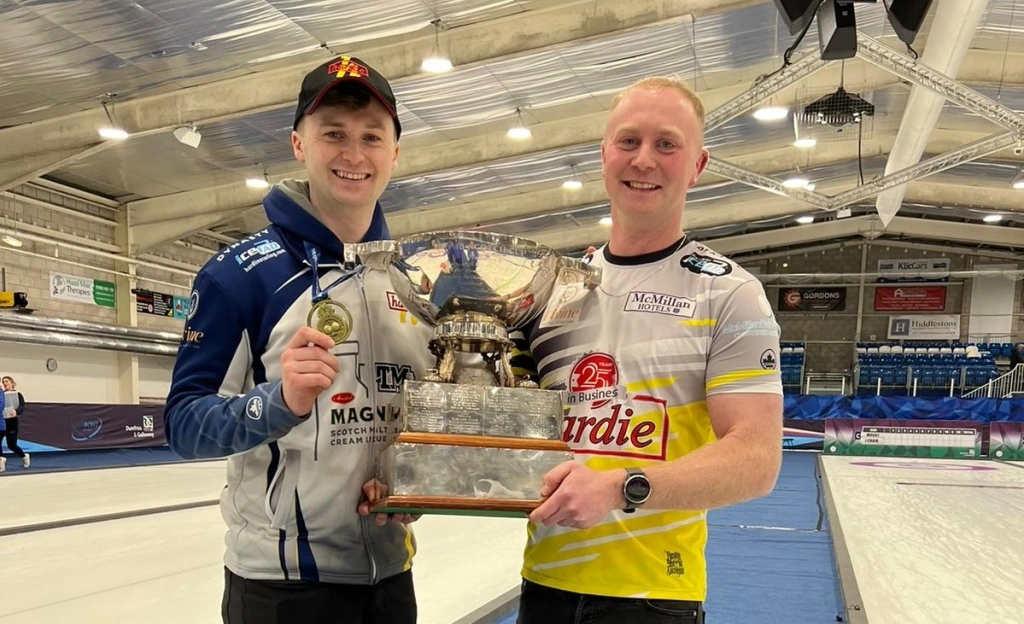
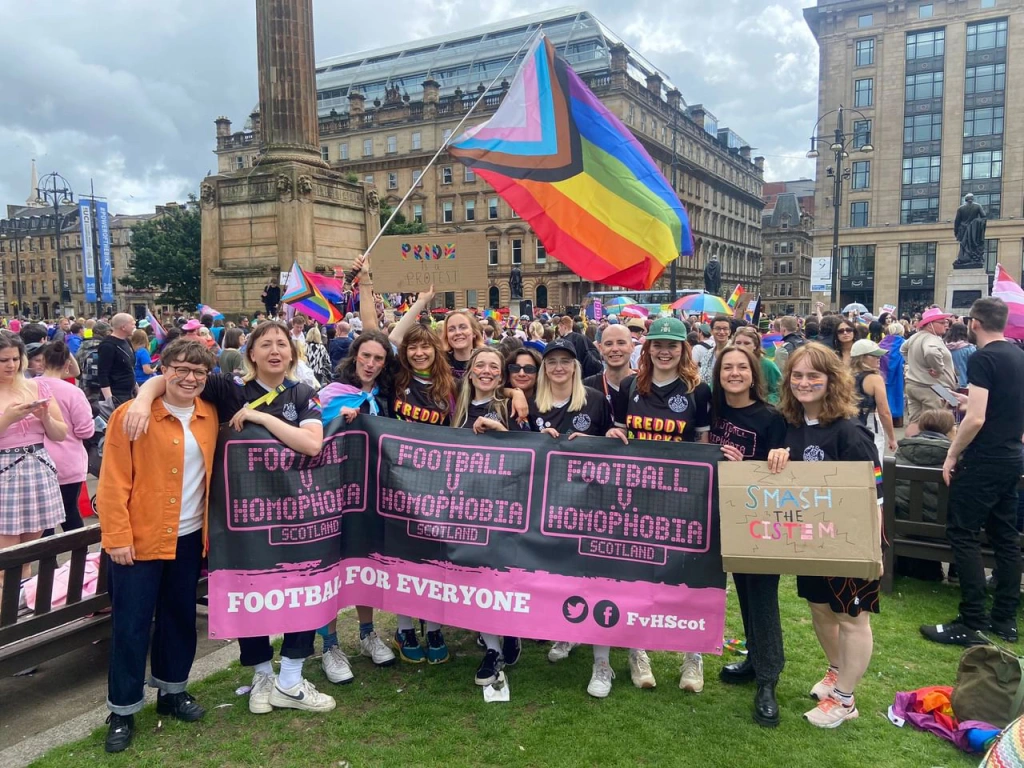
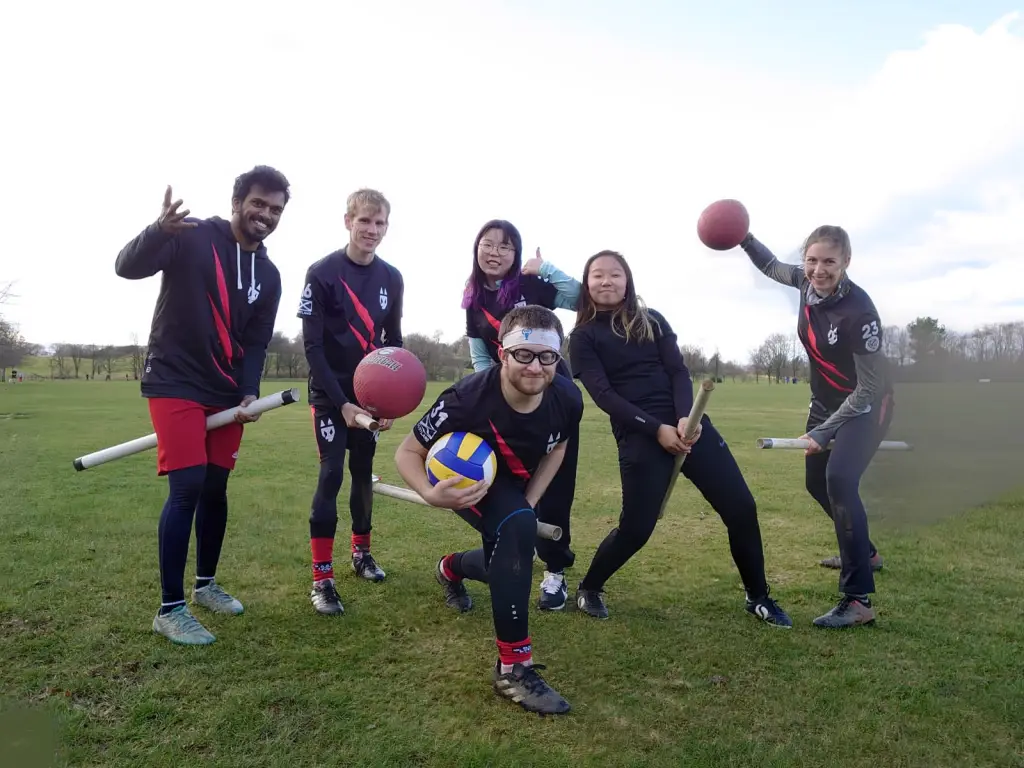
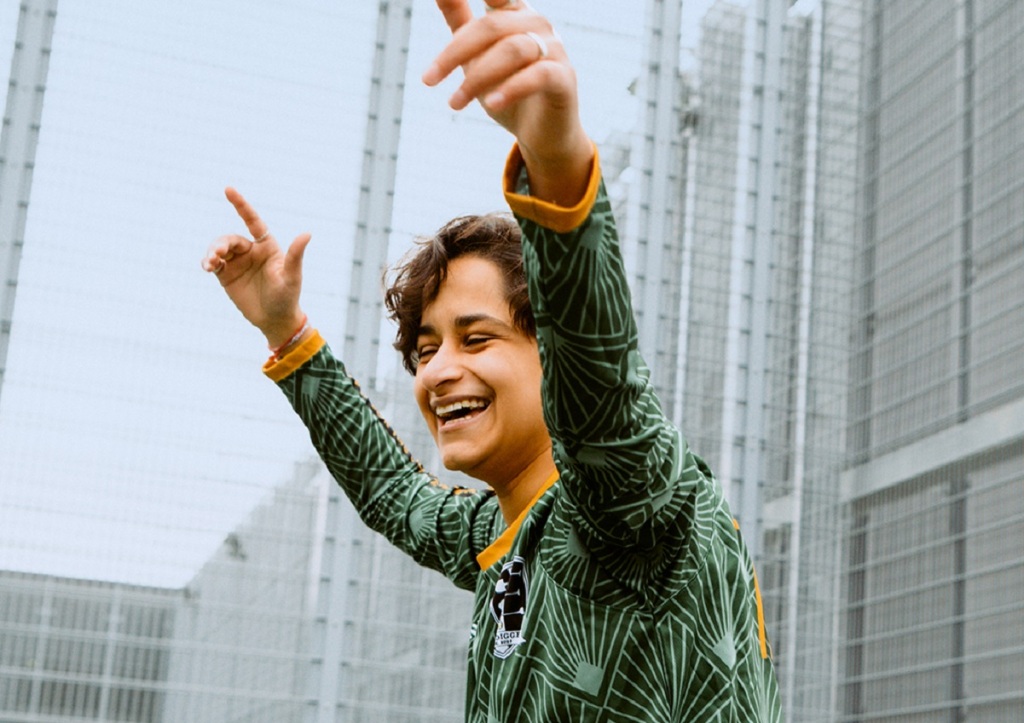
Leave a comment